Here’s some more information…
Which means…?
We’re seeking to come up with novel research which addresses one of the ‘grand challenges’ – how do we realise the transformational impact of digital technologies on aspects of community life, cultural experiences, future society and the economy?
So, who should attend?
The sandpit is open to everyone, and we do mean all BU staff and PhD students. You don’t need a track record in digital research, though we’d like yo u to consider attending if you do have. It doesn’t matter whether you have a research track record or not. We want anyone who thinks they might have something to contribute (and even those who think they don’t), and who is available all day on 26 January and during the morning of 27 January to come along.
u to consider attending if you do have. It doesn’t matter whether you have a research track record or not. We want anyone who thinks they might have something to contribute (and even those who think they don’t), and who is available all day on 26 January and during the morning of 27 January to come along.
What do I need to prepare in advance? What will the sandpit entail?
Absolutely nothing in advance. During the sandpit, you’ll be guided through a process which results in the development of research ideas. The process facilitates creativity, leading to innovative and interdisciplinary research ideas. These ideas will be explored with other attendees, and further developed based on the feedback received.
What if I don’t have time to think about ideas in advance?
You don’t need to. Some inspiring speakers with a range of backgrounds will be coming along to give you ideas…
What about afterwards? Do I need to go away and do loads of work?
Well… that depends! Tthe sandpit will result in some novel research ideas. Some of these may be progressed immediately, others might need more time to think about. You may find common ground with other attendees which you choose to take forward in other ways, such as writing a paper.
What if my topic area is really specific, such as health?
Your contribution will be very welcome! One of the main benefits of a sandpit event such as this, is to bring in individuals with a range of backgrounds and specialisms who are able to see things just that bit differently to one another.
So, is this just networking?
Definitely not, it is a facilitated session with the primary intention of developing innovative research ideas, which also enables the development of networks. It gives you the opportunity to come up with research ideas which you may develop over time, together with the chance to find common ground with academics from across BU.
So, how do I book onto this event?
To take part in this exciting opportunity, BU academic staff and PhD students should complete the Sandpit Application Form and return this to Dianne Goodman by Tuesday 12th of January – please note the deadline has been extended due to the festive break. Places are strictly limited.
By applying, you agree to attend for the full duration of the event – full day 26th January and half day 27th January.
This event is part of BU’s Interdisciplinary Research Week.
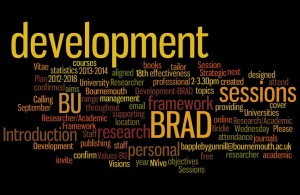 As part of the BU Researcher/Academic Development (BRAD) Programme, a session on Mixed Methods will be run by Dr. Joanne Mayoh tomorrow (8/4/16) from 11:00 AM.
As part of the BU Researcher/Academic Development (BRAD) Programme, a session on Mixed Methods will be run by Dr. Joanne Mayoh tomorrow (8/4/16) from 11:00 AM.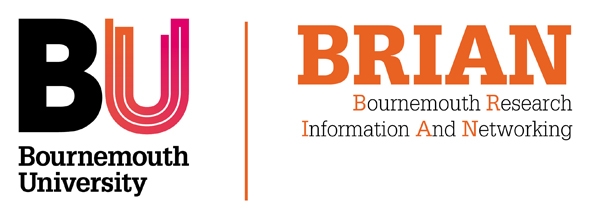


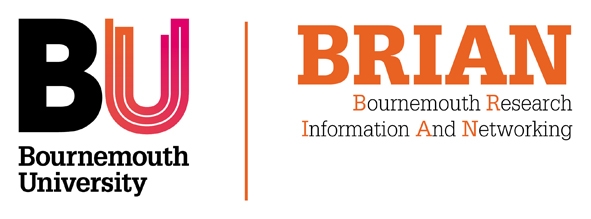

 u to consider attending if you do have. It doesn’t matter whether you have a research track record or not. We want anyone who thinks they might have something to contribute (and even those who think they don’t), and who is available all day on 26 January and during the morning of 27 January to come along.
u to consider attending if you do have. It doesn’t matter whether you have a research track record or not. We want anyone who thinks they might have something to contribute (and even those who think they don’t), and who is available all day on 26 January and during the morning of 27 January to come along.
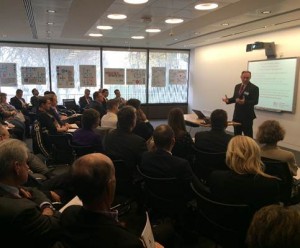
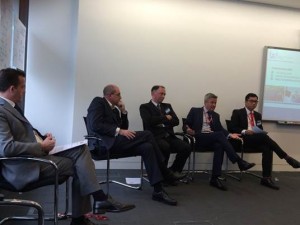













 Nursing Research REF Impact in Nepal
Nursing Research REF Impact in Nepal Fourth INRC Symposium: From Clinical Applications to Neuro-Inspired Computation
Fourth INRC Symposium: From Clinical Applications to Neuro-Inspired Computation ESRC Festival of Social Science 2025 – Reflecting back and looking ahead to 2026
ESRC Festival of Social Science 2025 – Reflecting back and looking ahead to 2026 3C Event: Research Culture, Community & Cookies – Tuesday 13 January 10-11am
3C Event: Research Culture, Community & Cookies – Tuesday 13 January 10-11am Dr. Chloe Casey on Sky News
Dr. Chloe Casey on Sky News ECR Funding Open Call: Research Culture & Community Grant – Application Deadline Friday 12 December
ECR Funding Open Call: Research Culture & Community Grant – Application Deadline Friday 12 December MSCA Postdoctoral Fellowships 2025 Call
MSCA Postdoctoral Fellowships 2025 Call ERC Advanced Grant 2025 Webinar
ERC Advanced Grant 2025 Webinar Horizon Europe Work Programme 2025 Published
Horizon Europe Work Programme 2025 Published Update on UKRO services
Update on UKRO services European research project exploring use of ‘virtual twins’ to better manage metabolic associated fatty liver disease
European research project exploring use of ‘virtual twins’ to better manage metabolic associated fatty liver disease